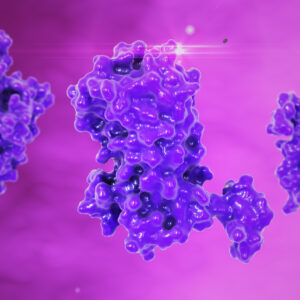Background
Roughly one in six people of reproductive age experiences infertility during their lifetime, which translates to approximately 680 million people globally. Notably, the prevalence of infertility is relatively consistent across different regions. While the exact causes of infertility vary, factors such as age, lifestyle, and underlying medical conditions play significant roles. It is important to note that infertility can affect both men and women and, in many cases, the issue may stem from a combination of factors affecting both partners. Due to the high prevalence of infertility in the general population, there is a growing demand for effective testing, treatments, and interventions.
The Native Antigen Company (TNAC) is a forward-thinking leader in the diagnostics industry, committed to sustainability, ethical practices, and cost-effective solutions, with a focus on expanding into the non-infectious protein market using reliable recombinant technologies. We provide premium antigens and rigorously evaluated antibodies, offering a comprehensive solution that simplifies assay development and ensures a seamless, reliable process. In support of this initiative, we offer a collection of high-quality Recombinant Hormones, including Follicle-stimulating hormone (FSH), Chorionic Gonadotropin, Thyrotropin (TSH), Sex hormone-binding globulin (SHBG), and Prolactin. Developed specifically for in vitro diagnostic assay applications, our recombinant hormones are designed to meet your most demanding requirements for consistency, reliability, and scalability.

Human Chorionic Gonadotropin Hormone (subunit alpha+beta), Recombinant
Price range: $164.30 through $3,839.69 excl. VAT
Human Follicle-stimulating Hormone (subunit alpha+beta), Recombinant
Price range: $164.30 through $3,491.38 excl. VAT
Human Prolactin Hormone, Recombinant
Price range: $410.75 through $1,744.87 excl. VAT
Human Sex Hormone – binding globulin, Recombinant
Price range: $164.30 through $3,839.69 excl. VAT
Human Thyrotropin Hormone, Recombinant
$821.50 excl. VAT
Contact Us
Endocrine Targets of Infertility Testing and the Benefits of Recombinant Reagents
Questions?
Check out our FAQ section for answers to the most frequently asked questions about our website and company.
